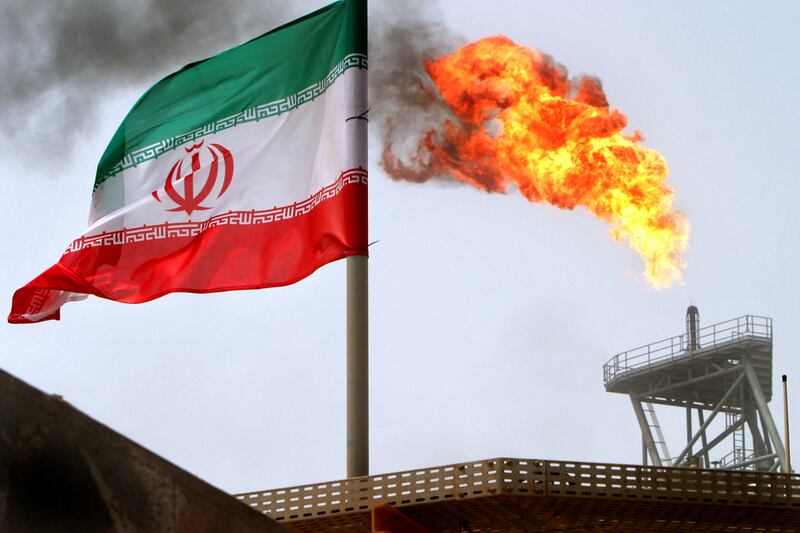As the Organisation of the Petroleum Exporting Countries (Opec) – and other major producers – met in Qatar yesterday to hammer out an agreement to freeze output, all eyes were on Iran.
Tehran, which is now ramping up production after western sanctions were lifted as part of the nuclear deal between it and world powers, has proven a sticking point, as it said that it would not accept proposals to cap its production until it recovered a similar market share to that which it held before the sanctions were imposed.
According to a draft copy of the agreement, the cap would last until October 1, and producers would then meet again in Russia to review their progress.
However, all signs indicate that Iran will continue to maintain its stand. Consider the statement of an official from Iran’s ministry of petroleum: “The idea that they want us to agree and accept the proposal of lowering or freezing oil production is frankly laughable. They sold as much oil as they desired for many years while we were under unjust economic sanctions. They made as much cash as they could. And now, they want us not to increase our oil production precisely at this particular time that the United Nations Security Council’s sanctions against us have been lifted?”
In other words, Iranian leaders think that it is not only their right to increase oil exports, but they view the efforts to convince Iran to cut production as a tactic by other regional powers to curb its increasing economic and geopolitical power.
There are many reasons why Iran’s stand is going to be the single most important factor in the effort.
While most oil-producing countries have already reached their maximum level of production, the Islamic Republic has the capacity to increase its production by more than 100 per cent over the next few months.
Economically speaking, even if all major oil-producing countries freeze their production, Iran’s supply can still surpass global demand, which means oil prices will remain low.
There is also the geopolitical dimension of Iran’s decision. If the Iranian leaders continue to ramp up oil exports while other nations adhere to the agreement on the reduction of output, the Islamic Republic will be receiving billions of dollars in additional revenue, unlike the rest of the countries that will see a decline in their revenues.
These extra earnings will be channelled to the Revolutionary Guard Corps (IRGC) and the office of the supreme leader, Ayatollah Ali Khamenei as they own major oil and gas sectors and related stocks in the Islamic Republic.
The current priority of the senior staff of the IRGC is the battles in the region, including in Syria, Iraq and Yemen.
From the perspective of Ayatollah Ali Khamenei and senior military officers, scoring victories in these conflicts are crucial for Iran’s national security. Therefore, it is feared that Iran will use its oil revenue to arm, finance and train militias that could change the political landscape of the region by tipping the balance of power in favour of Tehran.
Iran’s oil earnings have increased by about 90 per cent since the sanctions were lifted.
Approximately 29 per cent of the country’s crude is being exported to European countries including Spain, Greece and France. The volume of export will increase as Iran expands its output.
According to Bijan Zangeneh, the oil minister, Iran has the total potential to ramp up export to 4 millions barrels a day. This will have a significantly negative impact on oil prices and, in turn, on the revenues of countries in the region and beyond.
This means that even at the current level of oil prices, if Tehran reaches the goal of exporting 4 million barrel a day, its oil revenues will be about $50 billion a year, almost 500 per cent more than that of the pre-sanctions era.
All this explains why it’s unrealistic to expect Iran to consider freezing output. Iran is spending billions of dollars to keep its allies such as Bashar Al Assad in power. As long as these conflicts continue, and as long as Iran prioritises its regional power ambitions, any possibility of it freezing production is slim.
So other major suppliers need to chart a way to tackle global surplus without Iran. At the moment, other major oil-producing countries in the region are less likely to reach an agreement without Iran, fearing geopolitical repercussions.
Dr Majid Rafizadeh is an Iranian-American scholar and president of the International American Council on the Middle East
On Twitter: @majidrafizadeh





